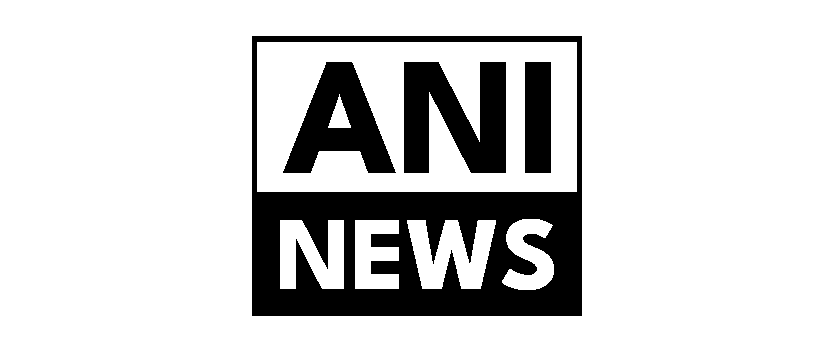Asian News International (ANI), a leading Indian news agency, has filed a defamation lawsuit against Wikipedia in the Delhi High Court. ANI seeks Rs 2 crore in damages and an injunction to prevent Wikipedia from publishing what ANI deems defamatory content on its Wikipedia page.
Grounds for the Lawsuit
ANI’s lawsuit stems from a description of the news agency on its Wikipedia page that ANI claims is defamatory. The entry alleges that ANI acts as a propaganda tool for the central government, distributes materials from fake news websites, and misreports events. Moreover, ANI contends that this description harms its reputation and undermines its professional integrity.

The news agency argues that Wikipedia has selectively allowed edits to its page, preventing ANI from addressing and correcting the allegedly false information.
Court Proceedings
On July 9, 2024, the Delhi High Court, led by Justice Navin Chawla, issued a notice in response to ANI’s plea for interim relief. Furthermore, The court scheduled the next hearing for August 20, 2024. ANI seeks an immediate court order to remove the defamatory content from Wikipedia and to prevent further publication of similar material.
Advocate Sidhanth Kumar, representing ANI, argued that the content in question is not only defamatory but also misleading. Kumar asserted that Wikipedia, as an intermediary platform, must prevent the spread of false information and should not operate unchecked. He also noted that Wikipedia had restricted ANI’s ability to edit its own page, allowing changes only through Wikipedia’s editors. This restriction, ANI argues, exacerbates the damage caused by the defamatory content.
Justice Chawla remarked that while Wikipedia, like any platform, has the right to express opinions, the accuracy of the content and its impact on ANI’s reputation will be thoroughly examined. The court’s comments suggested that while Wikipedia is entitled to express its opinions, it must ensure those opinions are based on facts and not misleading information.

Content Under Dispute
The Wikipedia entry that ANI finds objectionable includes several critical points:
- Allegations of Propaganda: The page describes ANI as a propaganda tool for the central government, accusing it of distributing materials from fake news websites and misreporting events. ANI disputes this claim, arguing that it undermines its credibility and integrity.
- Criticisms of Management: The entry criticizes ANI’s management practices, suggesting that the agency follows an aggressive business model focused on revenue, at the expense of employee welfare. The criticism includes claims of poor human resource management and mistreatment of former employees.
- Disinformation Claims: The page cites an EU DisinfoLab investigation that alleged ANI published disinformation, particularly against Pakistan and China. The report claim ANI was part of a fake news network aim at discrediting other countries. ANI disputes these allegations and views them as damaging.
- Accusations of Misreporting: ANI also challenges specific claims about its coverage of sensitive incidents, such as the alleged misreporting of sexual assault during the 2023 Manipur violence. ANI argues that these claims are baseless and harmful.
ANI’s Arguments
ANI’s lawsuit asserts that the Wikipedia entry has caused significant harm to its reputation. The agency argues that the content, published with malicious intent, has damaged its goodwill and led to harassment from the public and associates worldwide. Moreover, ANI claims that Wikipedia’s actions have nullified its safe-harbor protection under Section 79(1) of the Information Technology Act, making Wikipedia liable for the defamatory content it hosts.
![]()
Wikipedia’s Defense
In its defense, Wikipedia argues that it is entitle to express opinions and that its content is base on publicly available information and sources. The platform maintains that it operates under principles of neutrality and verifiability, and its content reflects various perspectives on the subject.
Wikipedia contends that it should not be held responsible for user-generate content and that its role is limited to providing a platform for information, not endorsing or publishing content. The platform has expressed its intention to present its case and explain its editorial decisions before the court.
Implications of the Case
The outcome of this case could significantly impact how online platforms manage defamatory content and their liability for user-generated information. If ANI’s claims are upheld, it could set a precedent for handling defamation suits involving online platforms and user-generate content.

The case also highlights the ongoing debate between freedom of expression and protection against defamation. As online platforms play a crucial role in information dissemination, their legal responsibilities in managing and moderating content will likely face increased scrutiny.
Conclusion
In conclusion, ANI’s defamation suit against Wikipedia underscores the complexities of online content management and legal accountability. With the Delhi High Court set to hear further arguments in August, the case will be closely monitor for its potential impact on the standards and practices governing online information platforms.
Also Read: Cartoon Network Shutdown: The Truth
Pinterest: Khabarey
As ANI seeks Rs 2 crore in damages and an injunction against the allegedly defamatory content, the case illustrates the challenges news agencies and other entities face in safeguarding their reputations in the digital age. The legal proceedings will likely influence the discourse around defamation and online content regulation in the future.






